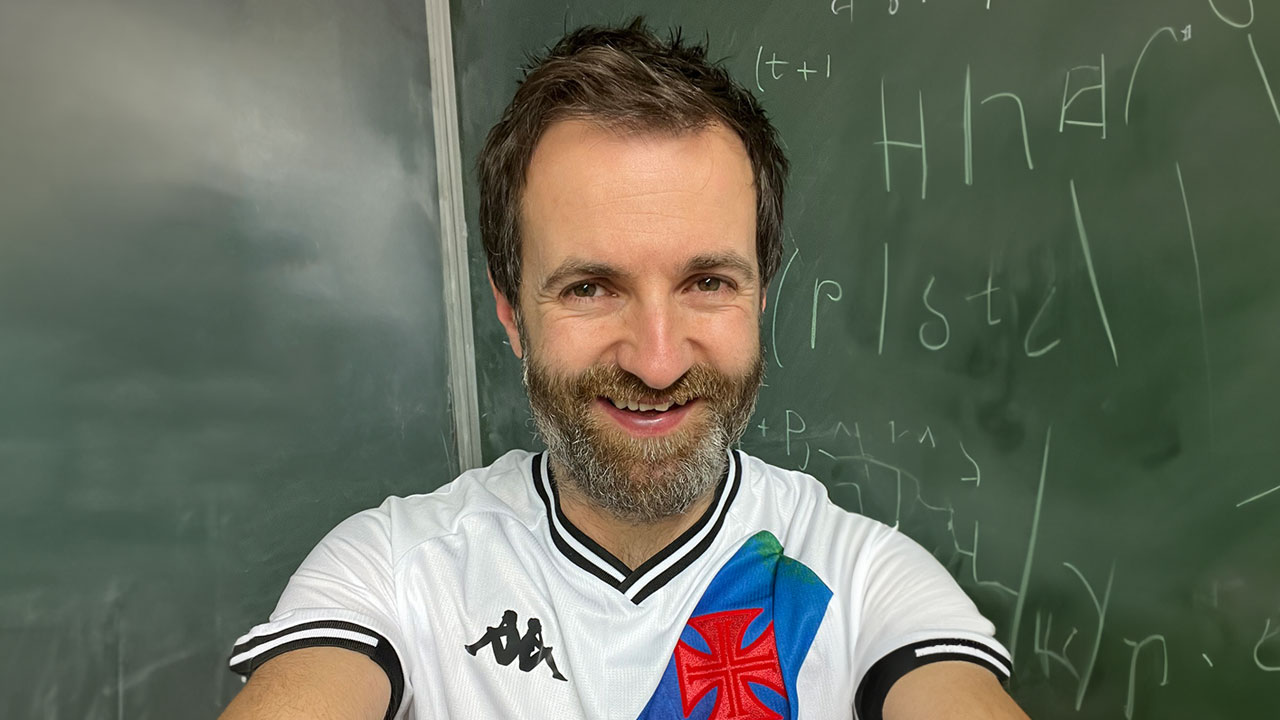Pandemic mathematical biologist, Dr Kit Yates, has launched a new book on the science of making predictions. His book ‘How to Expect the Unexpected: The Science of Making Predictions and the Art of Knowing When Not To’, is published today (Thursday 6 July 2023).
Dr Yates is as Senior Lecturer in the Department of Mathematical Sciences and co-Director of the Centre for Mathematical Biology at the University of Bath.
He is a member of Independent SAGE, and became a prominent expert commentator on the pandemic via traditional and social media during the acute phase of the Covid-19 pandemic. Through his outreach work, he has tried to debunk misleading statistics and increase public understanding of data used in headlines.
His new popular science book discusses, for a lay audience, how we make predictions ranging from - on a personal level - whether it will stay dry enough to hang the laundry out, to – on a much larger scale - spotting economic downturns or preventing terrorist attacks.
How to Expect the Unexpected is his second book, following the highly successful The Maths of Life and Death, which was selected as a Sunday Times Science Book of the Year.
Commenting, Dr Yates said: “We’ve seen over the last few years during the pandemic how important it is to be able to predict what’s coming. Failing to predict or predicting badly can leave us underprepared.
“But predicting the future is fraught with danger. Ever since the dawn of human civilisation, we have been trying to make predictions about the world and what has in store for us. For just as long we have been getting it wrong.
“This book is about identifying and understanding the barriers we come up against. We can learn something by reviewing the many and varied ways – sometimes amusing, sometimes tragic, but always relevant – in which our simple predictions can and do fail.
“Throughout the book I provide insights and tips that will demonstrate how to avoid being taken in by unfounded predictions and allow us to figure out who to believe. My fundamental task is to alert the reader to the many and varied ways in which predictions can go wrong: the ways in which your intuition can be fooled, or your better judgment clouded by a seemingly convincing argument.
“Maths offers the potential to act as a guide through this nonlinear world. Having the cold hard logic of mathematics at our sides can help us reason past the shortcuts our brains would intuitively like us to take.
“This book shows how mathematics can provide us with the objective tools to bypass the foibles of our own biology - the limitations imposed by our own thought processes, the compulsions that ultimately make us human, but let us down when it comes to making inferences about the world around us.”
The book is released in hardback from the 6 July 2023 by Quercus.

